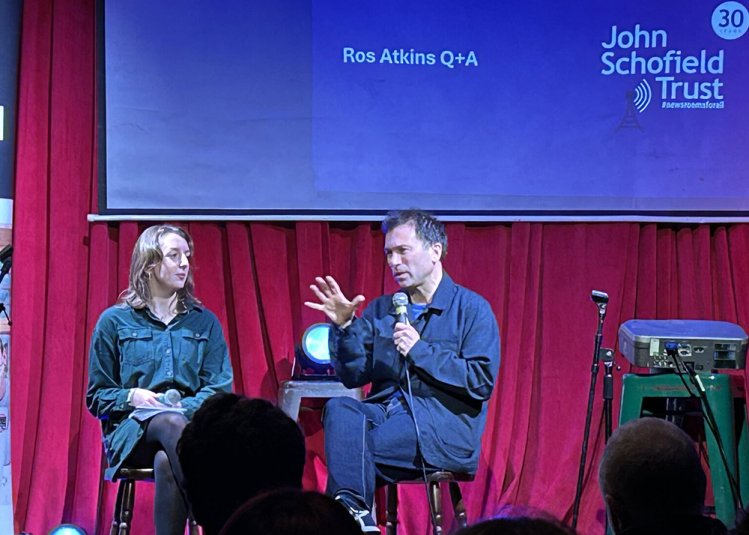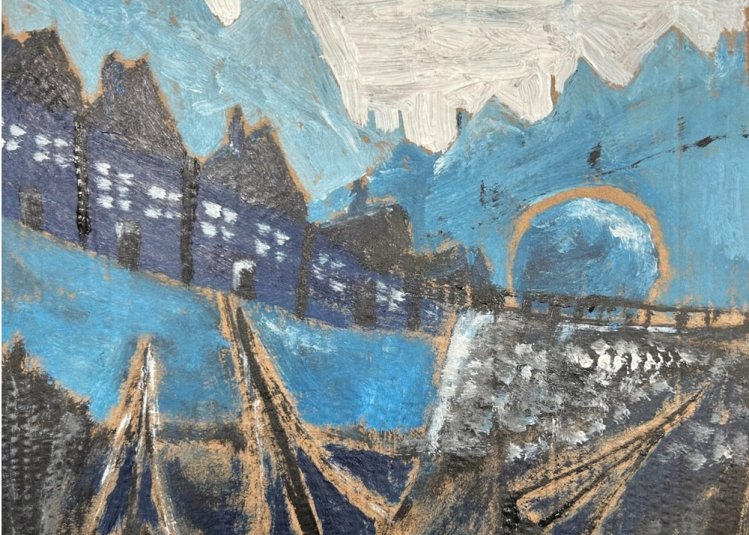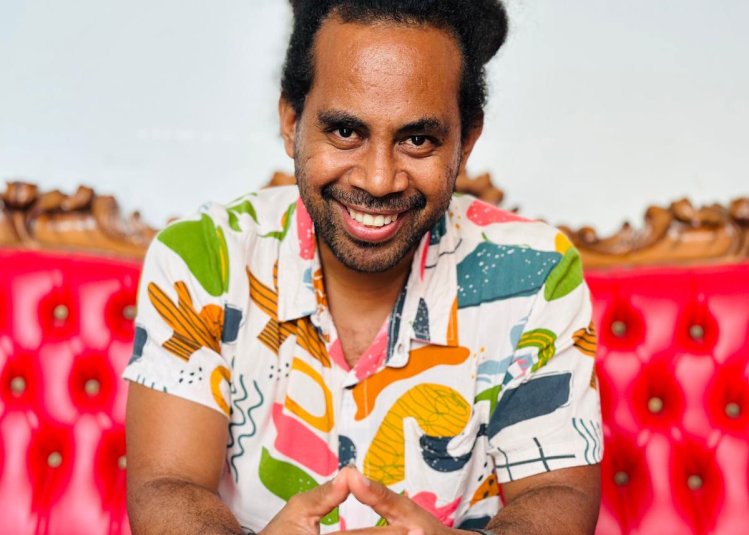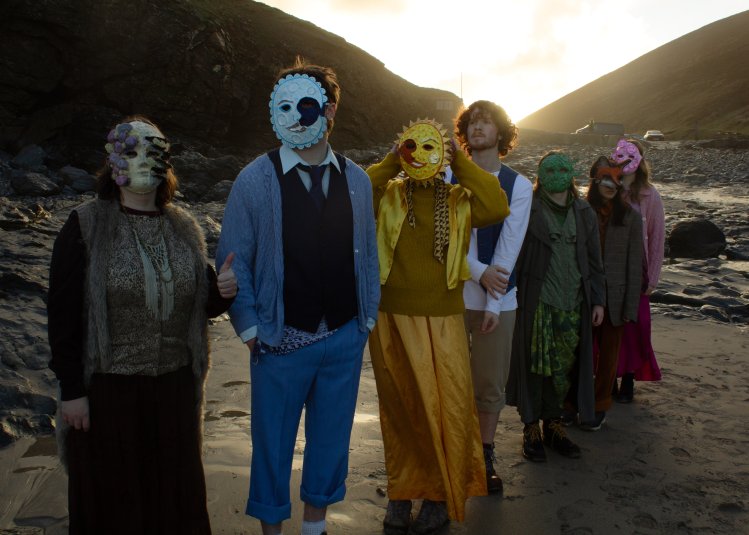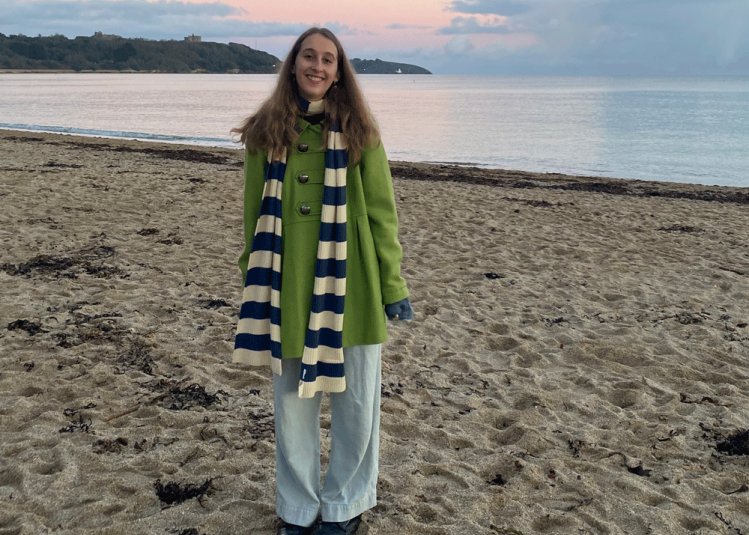Online Film & TV graduate on studying from Hong Kong
07 May 2025
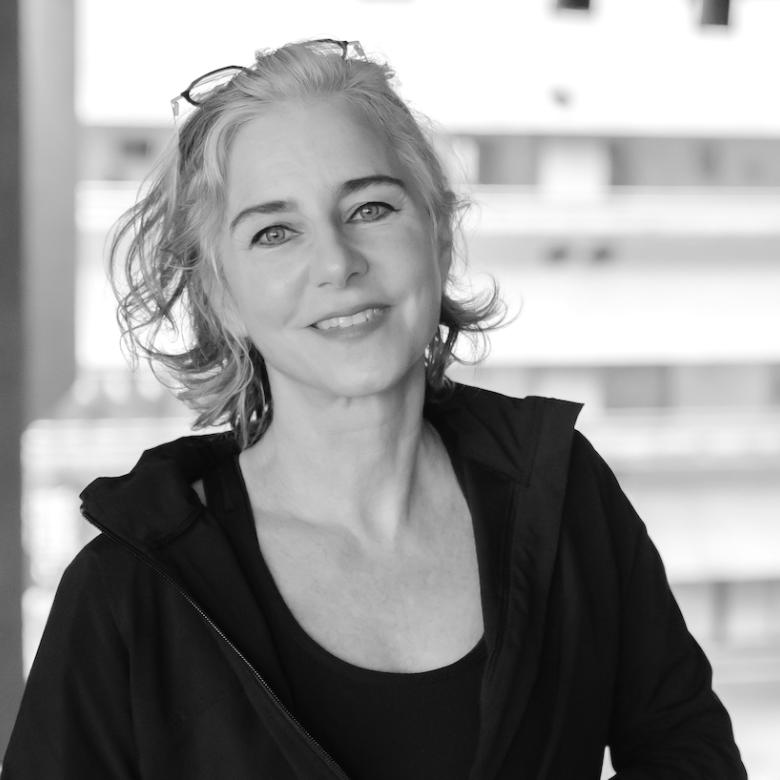
From professional dancer to director, educator and NGO founder, Elissa Rosati has spent her career immersed in the creative industries. Based in Hong Kong and teaching across film disciplines, she joined Falmouth’s MA Film & Television (Online) to formalise her academic credentials — and found herself re-energised by close creative collaboration.
Now preparing for a move to a different organisation, we caught up with Elissa on what drew her to study at Falmouth, how her diverse background informs her teaching, and what’s next in her creative journey.
How did you find your time on the course?
I very much enjoyed my time on the course and actually found the online aspect more engaging than I thought it would be. This was probably mostly because of the connection I had with my collaborative project partner, with whom I produced a poetic documentary exploring our relationship with our parents, who had recently passed away.
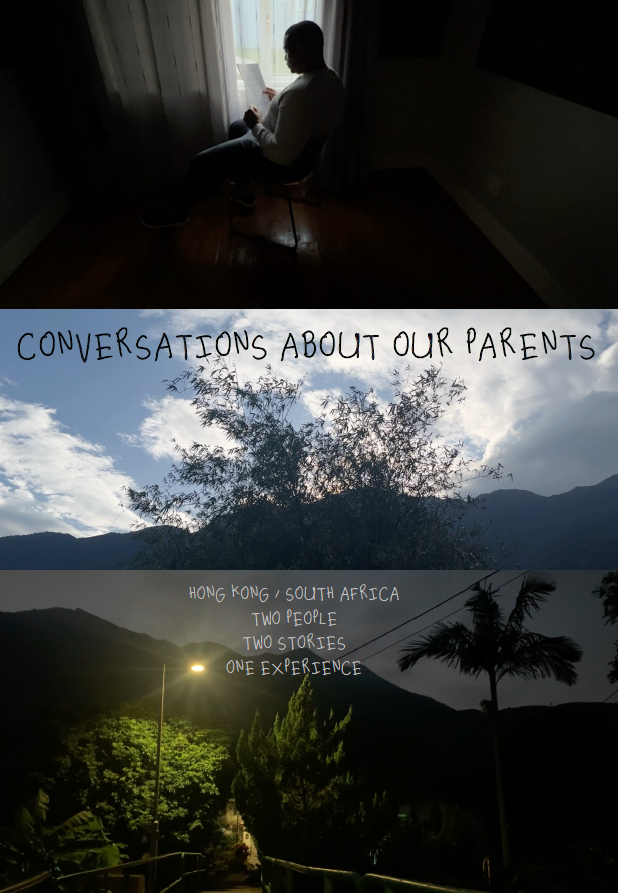
My favourite projects were both the collaborative project and writing the screenplay, as I enjoy working closely with people in a one-to-one or small group setting. Both projects – working with my partner Tapfuma and, for the screenplay, with my mentor on the programme, Jane Pugh – engaged this small creative group mentality, either directly or with an extended group of creative supporters.
The collaborative project named Conversations grew out of the chats Tapfuma and I had throughout the course. We focused on stories we’d shared about our parents, and how reflecting on those past relationships was helping us rethink them in the present. We turned our dialogue into monologues, but they came directly from the conversations we were having. It felt like verbatim theatre, but made for film. Set to this background of shared memories, we each filmed our parts in our own countries. The result — a sequence of contrasting images and voices telling a similar story — felt honest and personal. I’m really proud of what we created.
What motivated you to do the course, given your deep background in film and education?
Although I was already teaching across a wide variety of creative disciplines at university level, I didn’t have a postgraduate qualification, so enrolled on the MA because it’s often expected for career progression. A part-time PhD wasn’t manageable alongside full-time work, so the MA was the right fit.
I believe my ability to teach a variety of subjects stems from my practical work, including founding and running an NGO, Focus on Film HK, which had as its mission to bring high-quality filmmaking experiences to creatively underprivileged youth in Hong Kong. The reputation I built doing that work helped me continue working in curriculum development and arts education. Moving forward, having the master's might be useful in a new city to open up opportunities where I am less well known.
Who would you recommend the course at Falmouth to?
I have already recommended it to others! I think it is ideal for someone like me, with professional experience but only a BFA, who is considering moving into full-time university teaching after working part-time or delivering short courses. It might be beneficial to incorporate an elective module on teaching methodologies into the programme for those transitioning into teaching for higher education.
You’ve transitioned from dancer to director to educator – how do they inform one another?
That’s an interesting question. Looking back, I realise I have always taught and mentored as a dancer would. I teach film as I taught dance, which I have done since my teens: discipline first, practice until you master the skill through mimicking the greats, then innovate once your skillset is solid.
Directing feels like a natural extension of this. I believe directing is a service you perform to the work itself. I have always liked mentoring, serving, and making quick decisions for the good of the whole. Even as a company dancer, if there was risk or vulnerability, I felt I sometimes acted as a safe haven for others. I enjoy the politics of keeping a group focused, whether moving across a stage or driving a production forward.
The transitions between disciplines have felt organic. From Montessori primary school to LaGuardia High School of Performing Arts, then to Tisch School of the Arts for film, I have been lucky to have always been immersed in educational environments that value creativity, risk-taking and critical thinking. Embracing shifts and changes is just another practice.
The most rewarding part of my career is always now. Every phase has been rewarding, but now I am letting go of the idea of a formal reward. I am looking forward to the next chapter, even though I do not yet know what it will look like. Embracing the not-knowing feels rewarding in itself.
What made you move to Hong Kong and Singapore? What do you love about Hong Kong?
I initially travelled as a 'trailing spouse'. My partner of 17 years worked for Airbus and we moved around for his work. In each city, if there was an arts university, I taught (for example, at NTUA in Taiwan). Where there wasn't, such as in Burma, Laos or Oman, I focused on raising our three children and practicing my craft.
In Muscat, a friend and I started a small drama club and produced theatre. It’s not something that I put on my CV, but it was creatively fulfilling and valued by the community.
Do you have any projects or aspirations in the pipeline?
Yes. I have just handed in my resignation at The Hong Kong Academy for Performing Arts (HKAPA). Before leaving, I am helping cement partnerships between our school and CILECT organisations in France and the UK.
Creatively, I am adapting one of my screenplays, PopScar, about a serial killer targeting Cantopop stars in Hong Kong, into a stage musical with a well-known composer. I am also seeking a producer for Geezer and Little Fish, the feature film script I wrote during my time on the Falmouth master’s.
In the meantime, I am directing a production of Frost/Nixon at the Hong Kong Arts Centre this May, incorporating multimedia elements and virtual production techniques, including the use of an LED video wall to 'insert' actors into historical footage. Students from HKAPA are involved in the production as part of an independent study called Multicamera Screen on Stage. It's a huge learning curve, but an exciting one

